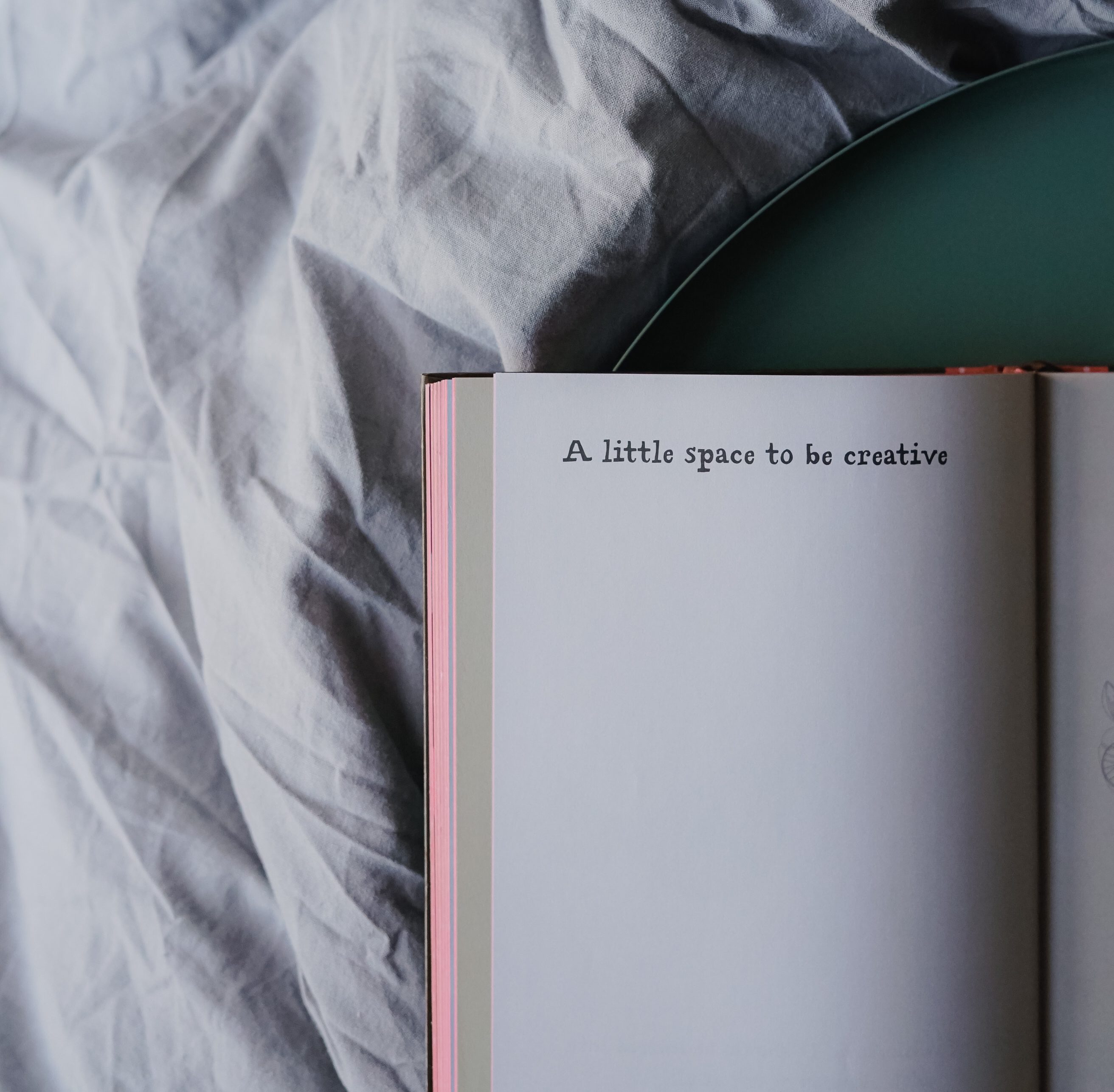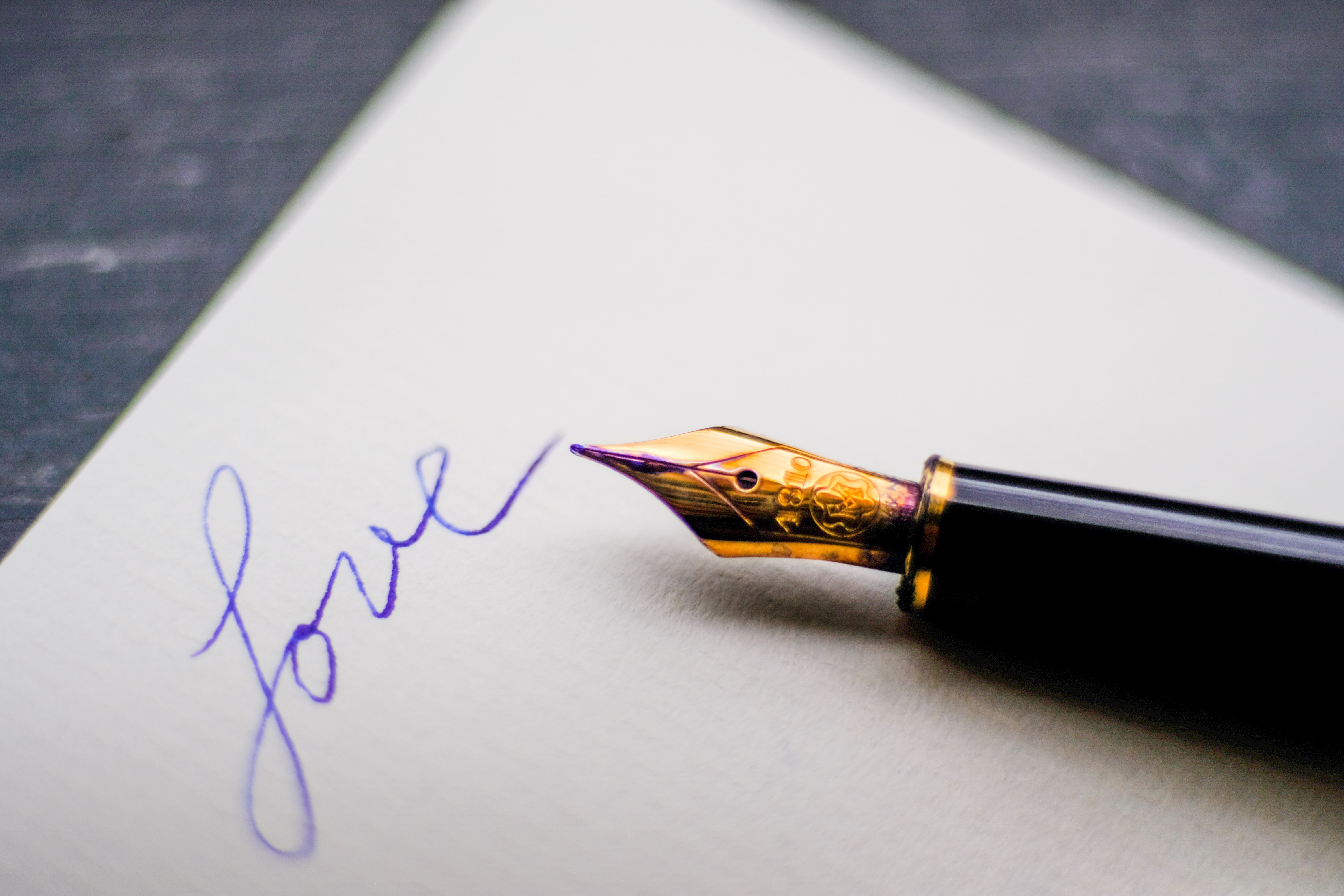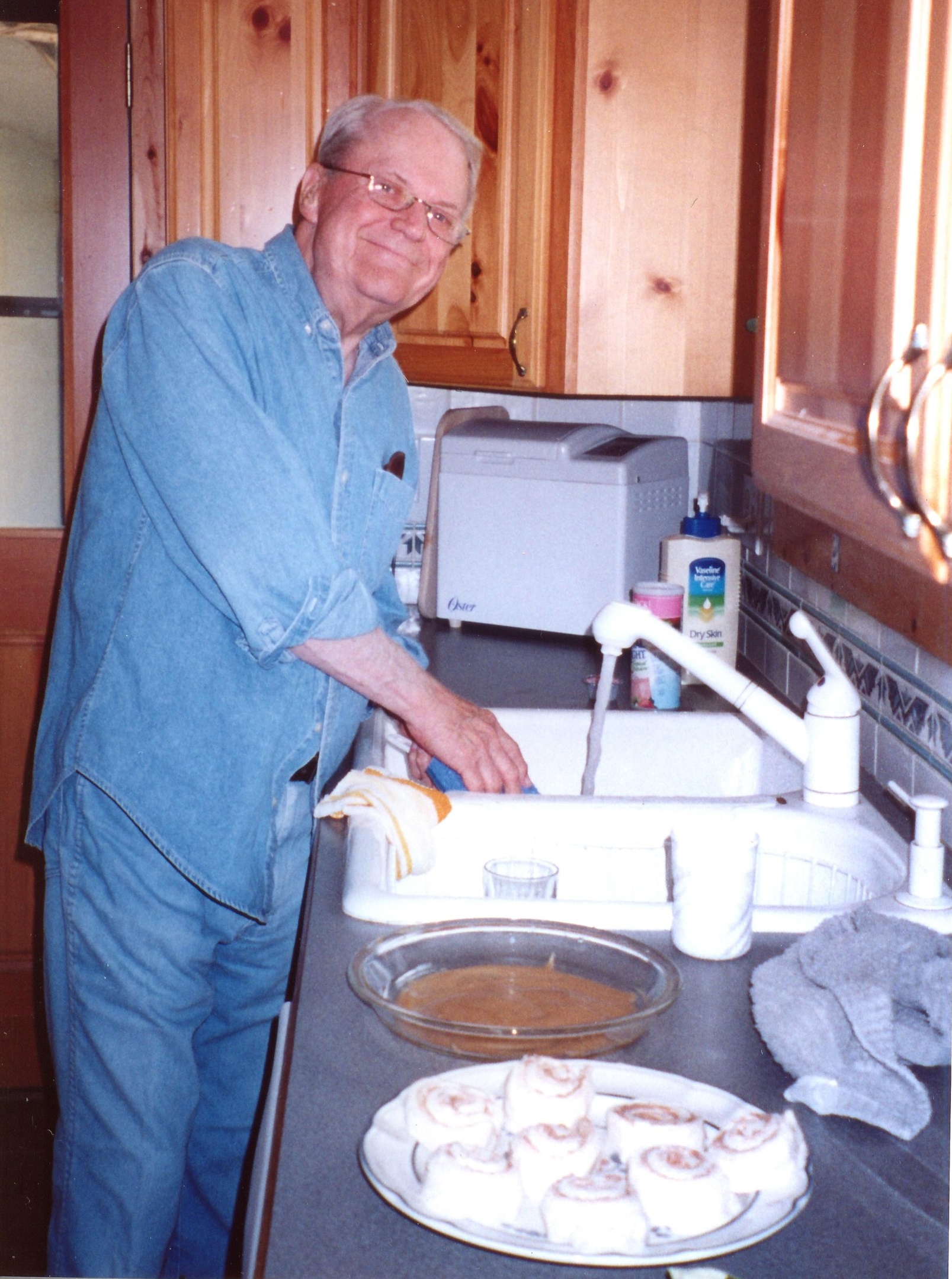Tips for Writing Memories

Start Writing your Memories
In a previous post, I talked about the difference between memoir and biography. Whether you are writing biography or memoir, starting is the most important action to take.
The most important thing is not to wait.
Collect the memories before the rememberers are gone.
Time slips by quickly. As you have probably come to know, the opportunity to capture the details of what you know, or the memories of someone you love, can fall out of reach very easily.
- That recipe you’d been meaning to ask about.
- All the characters present, or not present, in that family photo.
- What your great grandfather did for a living.
You don’t plan to lose them, but away they go.

Decide What Feels Right
I used to think of a memoir as being only in the well-known hand or type-written manuscript, or published book. However, you might try other medium for communicating your story.
- Journaling – Writing memoir can enhance your regular journaling practice.
- Memory Books – Your favorite memories written for someone in particular; perhaps a child, grandchild or sibling.
- Legacy Letters – Addressing things you want those who survive you to know in a formal letter format. This isn’t a legally binding document but can be emotionally powerful and cathartic, nonetheless.
- Audio – Audio memoirs are recorded in our own voice with an analog or digital recorder. After discovering an old recording of my parent’s voices after they had passed away, audio quickly became one of my favorite memoir formats.
- Poetry – For example, Glenis Redmond teaches students how to write memoir poetry in her Peace Voices class. Glenis believes that reading, hearing, writing, and speaking poetry can be a healing medium.
- Video – A powerful yet usually shorter version of telling memories than written forms; can be captured by either amateur or professional videographers.
- Photo Exhibitions – photos paired with rich written context telling a personal story about an event, a person, family, or community.
- Online database – A curated collection of stories from group members who may or may not have a relationship. Examples of these will be detailed in a future post.
Want to Try Your Hand at Memoir?

I’ve put together some prompts to use as monthly themes.
There are no rules, of course. No one will be grading you. Use any topic that inspires you!
If you’ve never done this before, keeping it simple and short will make it enjoyable.
4 Tips to keep in mind:
- Once a month, set aside 30 minutes to write, or 10 minutes to record, your telling about a theme.
- Write, or record, or both, until you’ve exhausted the topic.
- Don’t be afraid to stray from the prompt. It’s perfectly fine to follow your white rabbit wherever the memory leads you.
- Revisit your memoir pages or audio files a few months after you’ve written them. Has your perspective changed?
January – Tackling new challenges: Describe a time when you didn’t back down from something that frightened you.
February – To love and be loved: Describe an item that reminds you of a kindness you gave or was given to you.
March – Winds are blowing: Describe a “windy” time in your life, either figuratively or literally.
April – Showers before flowers: Describe a memory that involves water.
May – Spring dancing: Tell about a time when music affected you.
June – Roses are red: What funny or strong memories relate to a wedding or summer event?
July – Vacation fun: Describe a favorite vacation or travel memory as a child.
August – School days: Describe a memory about a teacher that influenced you.
September – Gifts of gold: What was a favorite present you received or gave?
October – Acting out: Describe a time when you acted as someone or something not yourself
November – The warmth of family: Tell a memory about a family tradition.
December – Light & Hope: What dreams do you have for the next year?
After trying out this exercise…Send me your comments using the box below:
Did you find writing on a theme enjoyable?
What medium(s) did you choose?
How did your perspective change?






